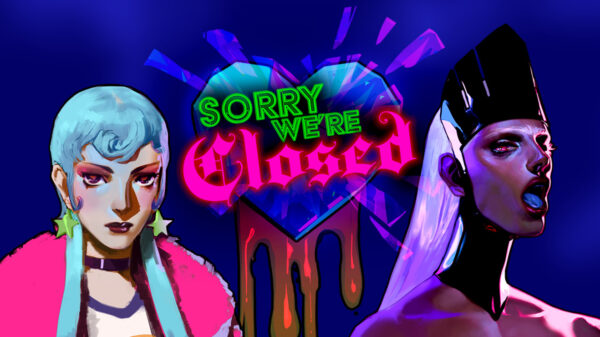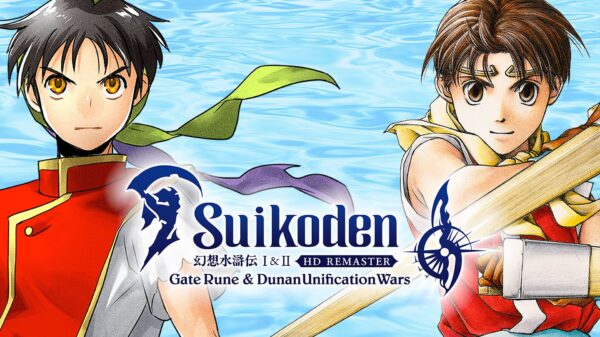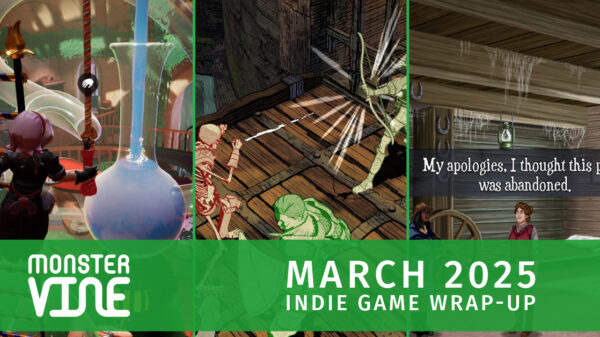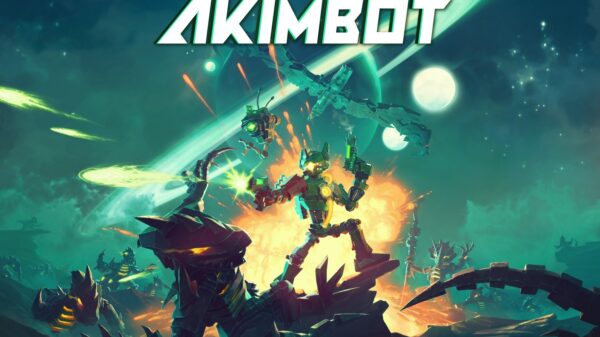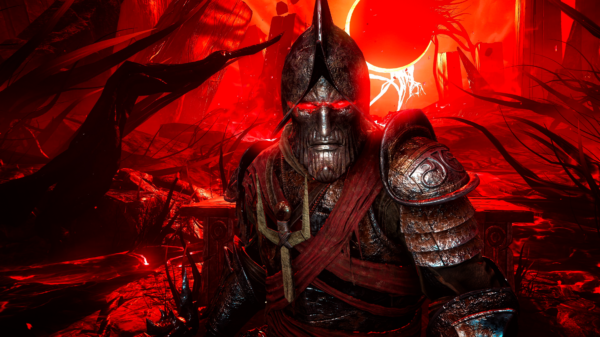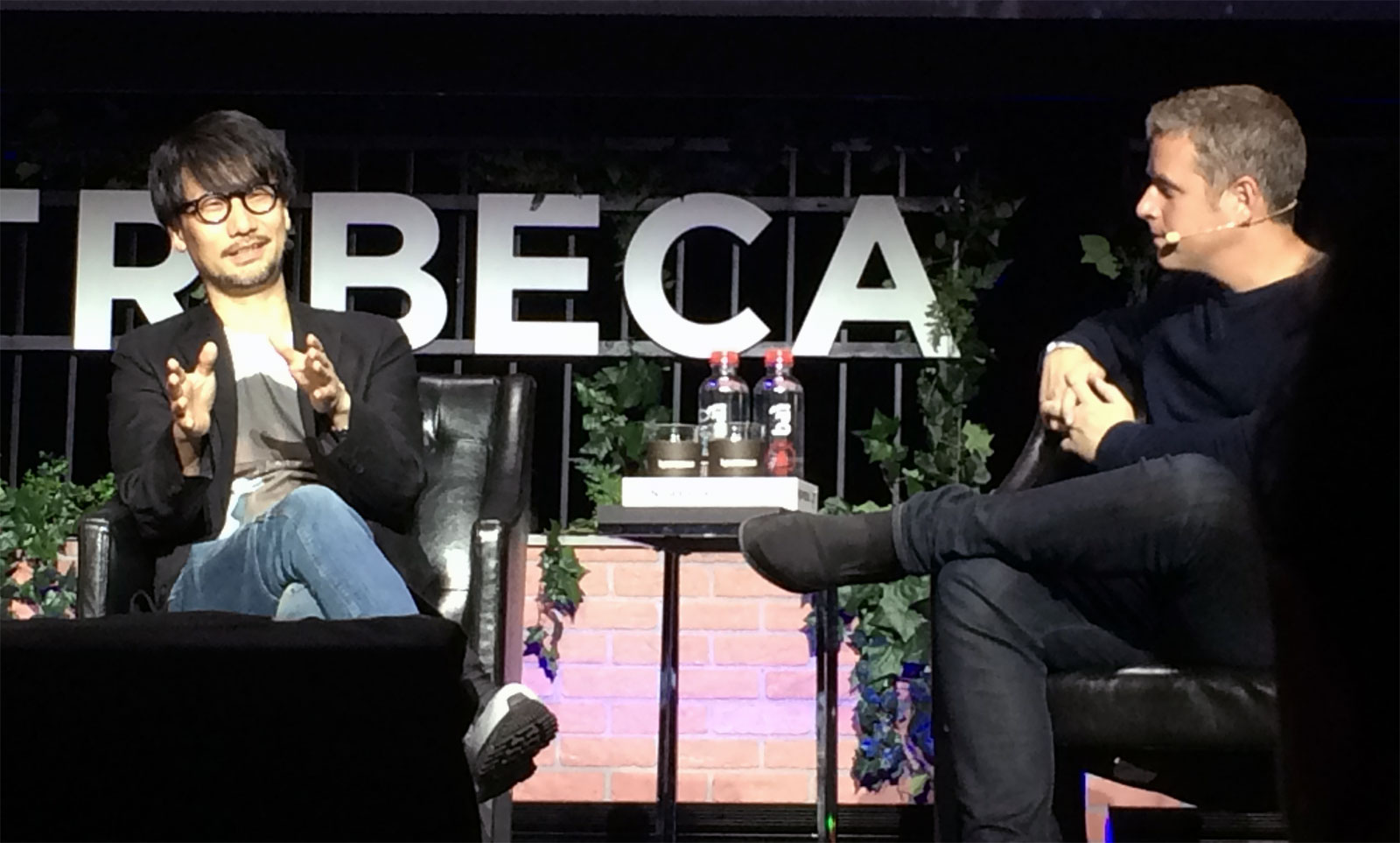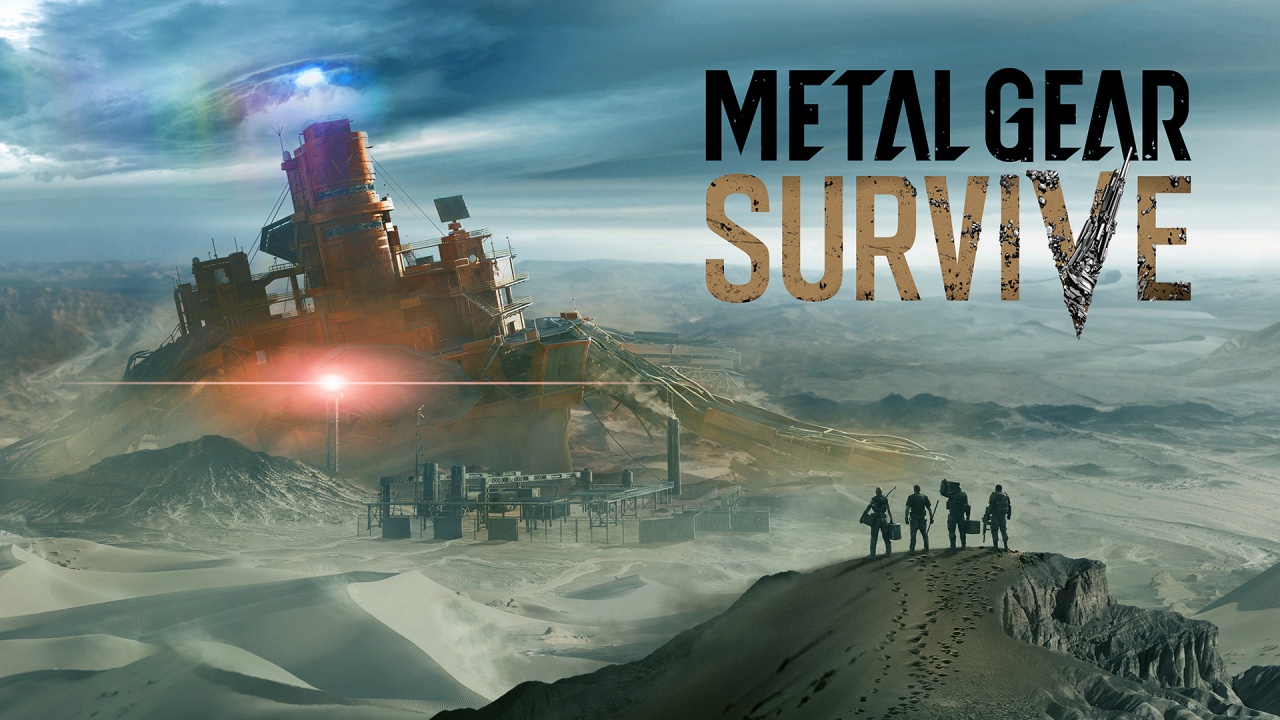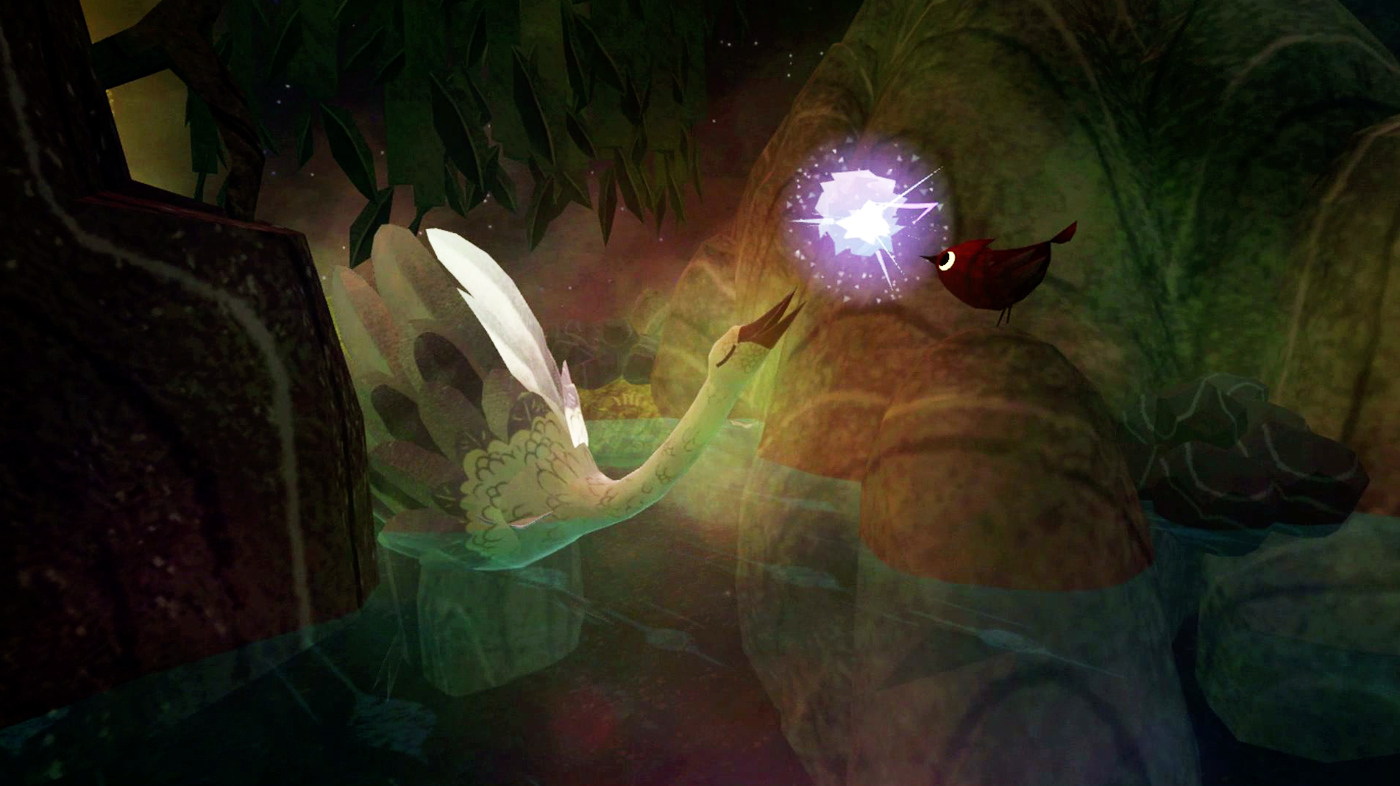One week ago was the first instalment of the Tribeca Games Festival, an event tagged onto the end of the annual Tribeca Film Festival that brought in gaming luminaries like Hideo Kojima and Ken Levine to speak directly to audiences not about their current projects, but to just talk ideas, past works, influences, games vs. film and technology (VR in particular).
Whereas events like E3 break news constantly for players, and events like the Game Developers Conference primarily features developers sharing their insights with other developers, the Tribeca Games Festival stood somewhat apart by having developers speak directly to players without any particular PR or marketing intents.
As mentioned, unlike E3 not much news was had, however the event – which can be re-watched almost entirely on Twitch – did present insight from a fair range of the games industry. Overwatch lead writer Michael Chu spoke about integrating characters’ story in their game, Hideo Kojima spoke about his influences from film and very lightly spoke of Death Stranding – basically saying they’re working through the game’s environments – and Ken Levine bantered with a film director about the differences in developing games versus making films. There were also several indie developers participating, including a Firewatch post-mortem with game designer Sean Vanaman; Robin Hunicke of Funomena spoke about designing for VR (MonsterVine also spoke with Hunicke there about Funomena’s upcoming title, Luna); and lead developer on ‘What Remains of Edith Finch‘ Ian Dallas spoke of his new game and was asked to compare its development to that of film (we also spoke with Dallas recently).
A large amount of the talks and panels presented during the Tribeca Games Festival were focused around VR, and around the event several VR game and film experiences were available to attendees. In the games coverage of today, VR is covered somewhat but is yet to reach the levels of the established consoles and portables most players have; however when asked about their large focus on VR, Warren told us that with VR, films can suddenly allow for branching story lines and ‘choice’, a concept that is very basic for games, but exceedingly new for film, saying, “I think VR is a medium in which film makers and game makers can actually work together. And ‘choice’ is a place where they can share a common language, and I think that that is really exciting. It’s a place where that fundamental decision to give agency over to somebody is something that I think it’s going to be standard for all experiences going forward.”
In the video embed above the keynotes of Kojima, Levine and others can be seen. It will be interesting to see how the event develops if it’s held again next year, which seems likely as the event this year went smoothly and drew some of the biggest names in game development. The question remains however of who the audience is of a festival like this. Are games being brought toward film enthusiasts, or are games enthusiasts being brought toward film by Tribeca? “I think there’s a lot of cross over, there’s a lot of people who work in film and interactive who are interested in games, and a lot of people that work in games who are interested in both of those things,” Warren told us, “I think for us there are a couple groups we are really interested in, students was one, I see students who are studying games or other forms of interactive design. I think certainly for other people working in the creative side of technology, whether at a start-up or something like that. And then obviously the film makers, the people working in the film industry who are interested in what games have to offer, I think we try to set up a lot of conversations that way.”



